Compliance
Legal Services
£2360 (£1600 during the tuition waiver period)
This course will equip learners with knowledge of the general foundations of criminal liability and with understanding of the major types of offences and their constituent elements. The unit aims to enable learners to determine whether specific offences have been committed and whether any defences may be applicable. Learner will explore the aims and nature of criminal law and its function as a protector of the State.


1. Understand aims and general principlesof criminal law
2. Understand the elements of the different offences against a person
3. Understand property offences.4. Understand the general principles ofinchoate offences
4. Understand the general principles of inchoate offences
5. Understand the nature and applicationof defences


Scholarships
Citizens of the following countries are eligible for a 50% scholarship upon writing a personal statement. All scholarships are to be approved by the Academic Board. The list of countries are: Sri Lanka, Indonesia, Philippines, Bhutan, Morocco, Vietnam, Papua New Guinea, Laos, Cambodia, India, Nigeria, Ghana, Bangladesh, Laos, Myanmar, Pakistan, Nepal and South Africa. Please talk to your student counselor and ask for the Coupon Code to get the 50% Tuition Waiver.

To pass the unit a 40% overall grade must be achieved.

You are eligible if you meet our stipulated entry requirements.









Introduction
Criminal Homicide
Theft
Fraud
Burglary
Parties to a crime
Mental Capacity Defenses
General Defenses